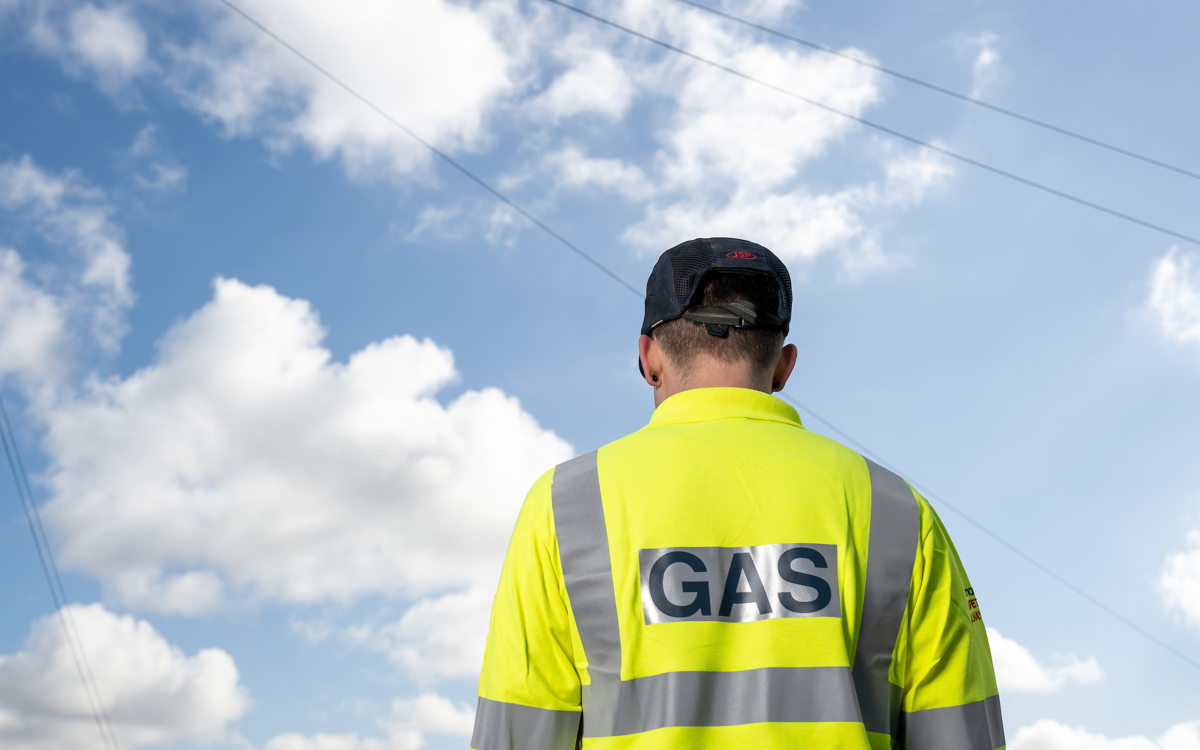First national flood map provides future climate change flood scenarios


Wales & West Utilities, in partnership with data specialist Landmark Information and flood modelling experts Ambiental Risk Analytics has launched Great Britain’s first national flood map, which incorporates current and future predictive flood scenarios for the 2020s, 2050s and 2080s.
Delivered via a new Climate Change Adaptation Reporting service, it provides asset managers, infrastructure owners, land owners, their advisors and reporting organisations with the ability to understand future flood risks on existing assets and infrastructure, and create a plan to adapt in a phased, responsible and appropriate manner, removing the need to create manual estimations.
The Wales & West Utilities initiative developed into a collaborative innovation project with Landmark and Ambiental. Wales & West Utilities are the first utility in the UK to use the data as part of its UK Climate Change Adaptation Risk Assessment, Reporting and Investment requirements, as per the Government’s Climate Change Adaptation Reporting guidelines. The dataset incorporates the latest river flow, rainfall, sea level rise and climate change predictions available, and allows the creation of unique, innovative new layers, providing insight into flood hazards and the resulting impacts on property, river banks, transport networks and bridges.
Using the service, Wales & West Utilities can assess how flood risk and river erosion is predicted to vary locally and regionally at different time periods and under different emissions scenarios – and the impact that could have on the gas network where pipes may be exposed by river bed and bank erosion. This will allow the company which serves 7.5 million people across Wales and the south west of England, to invest to protect the network earlier and at a lower cost.
The programme to develop these mapping layers started during Wales & West Utilities’ response to Defra’s first round of Climate Change Adaptation reporting in 2011. A trial area was explored in mid-Wales, with the outputs, usability and cross-sector learning shared with Defra, BEIS, HM Treasury, UK Committee on Climate Change, Environment Agency, UK Infrastructure Operators Adaptation Forum and others.
Oliver Lancaster, Future of Energy Project Manager for Wales & West Utilities said: “Being able to analyse future flood scenarios is hugely beneficial for us, so we can determine the impact of climate change on our gas network and the services we deliver to our customers.
“Our customers depend on our network to deliver gas to heat homes and power businesses across Wales and the south west of England, so it’s essential that we’re prepared for the impact of climate change. The first national flood map, that we have worked with Landmark Information and Ambiental to create, helps us to do this and we’re delighted to be the first utilities company to apply the model to our business
“For us, it also means we can deliver improved responses to Defra regarding the impact climate change may have on our organisation, and how we intend to avoid inefficient reactive responses to the impact of climate change on our network that come with higher costs over the short, medium and longer term.
Tom Telford, Landmark Information said: “UKCP09 climate scenarios modelled by the Met Office indicate that Great Britain is likely to experience increased rainfall frequency and intensity in the future. As a consequence it is predicted that flood hazards will generally increase over time, through more severe events occurring at a greater frequency, compounded by rising sea levels.
“The modelling process has created a new type of flood map which reveals insights into future flood hazards. Created in partnership with Wales & West Utilities and flood modelling experts Ambiental, the new flood map and adaptation reporting service has already received positive responses from the industry.”
Adds Dr Justin Butler, CEO of Ambiental: “The potential for improved planning, risk mitigation and adaptation as a result of this launch is considerable. Today, hazards resulting from the weather play a fundamental part of many businesses, particularly for utilities companies who face risk to supply and transportation from droughts and floods. In a changing climate however, existing systems and practices may not be adequate and it is important to take action using intelligence that can be relied upon to make informed decisions.”


